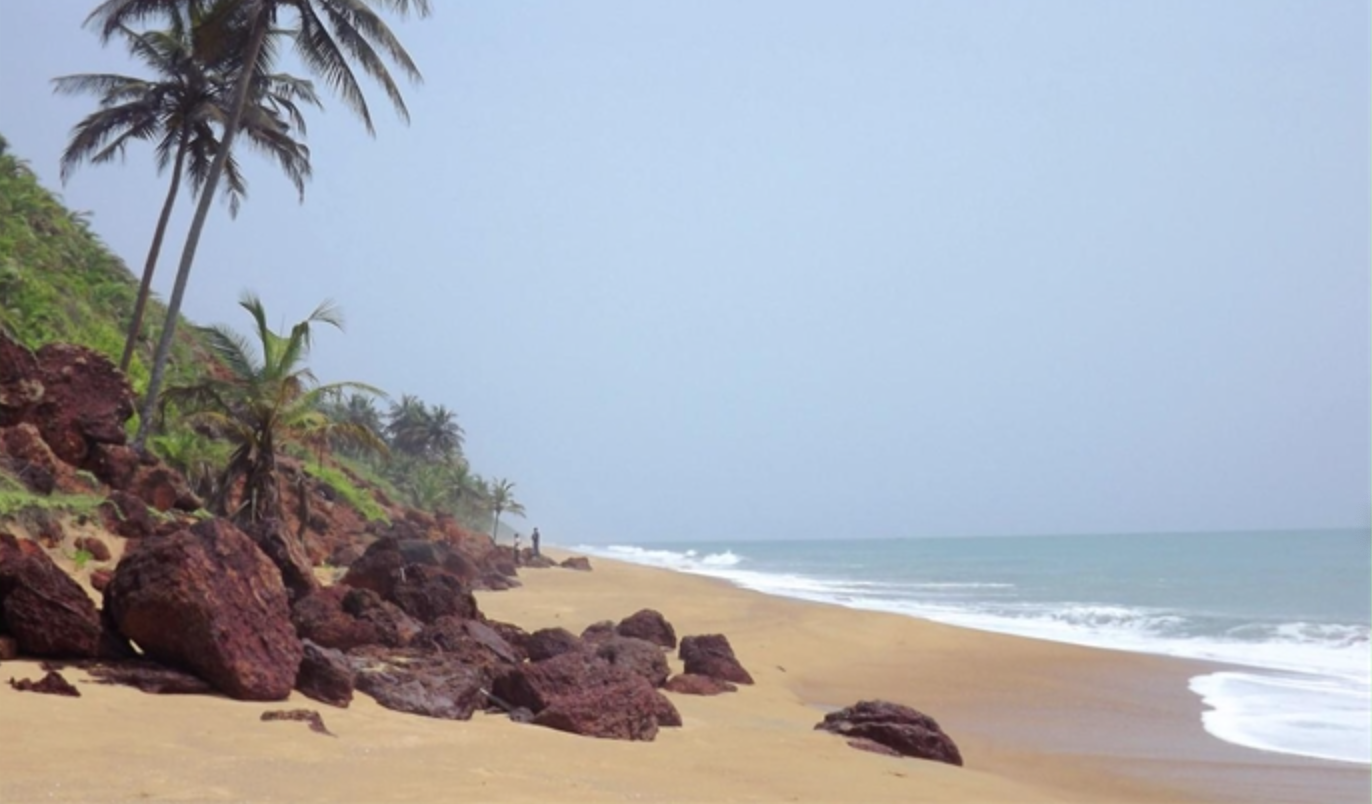Read more
On September 27th, Afreximbank signed an agreement to provide a $300m facility to Trident OGX Congo for the development of the onshore Mengo-Kundji-Bindi II (MKB II) oil fields in the Republic of Congo. The reserve-based lending (RBL) facility will support the company’s capex programme to increase the country’s oil production by 30%, according to Afreximbank. Between 2018 and 2021, state-owned SNPC carried out studies to reassess the potential of its MKB II permit, where it also drilled five appraisal wells and constructed a road and platforms. “These positive results make it possible to envisage a production of over 40,000 barrels per day (bpd) at the end of the development drilling campaign in 2024,” SNPC Director General Maixent Raoul Ominga said in an interview shared with Hawilti earlier this year. In December 2021, the MKB II permit was transferred to Trident OGX Congo for 20 years to unlock additional capital and technology for its development.
This story was first published on the Hawilti+ Terminal on 18 September 2023. Nigeria National Oil Petroleum Company (NNPC), the country’s state energy firm, and Indorama Eleme Petrochemicals Ltd., an entity of the Singapore-based Indorama Group, have signed an MoU that will allow both parties to explore opportunities across Nigeria’s hydrocarbon value chain, as Africa’s biggest oil producer seeks to boost domestic use of natural gas and associated liquids for economic growth. “This is a strategic collaboration to unlock Nigeria’s upstream sector, but more importantly, to partner downstream, in order to share the value chain,” CEO at Africa Indorama Energy Manish Mundra said in an official statement, adding that Nigeria’s gas reserves should position the country as one of the largest producers of urea in the western hemisphere. Privatized in 2006, the petrochemicals and fertilizer complex of Indorama Eleme has become one of Africa’s largest downstream facilities, proving a significant asset to monetize Nigerian gas. The fertilizer plant is well supported by port terminal at the nearby Onne port, and a gas pipeline of 83.5km for gas supply. Located in Port Harcourt, the complex started exclusively with the production of petrochemicals, including 440,000 tpy of olefins and 120,000 tpy of polypropylene. In 2013, a new polyethylene unit was added, which is able to produce 360,000 tpy. Beyond petrochemicals, Indorama Eleme has since made an aggressive venture into the urea and fertilizers business. By 2013, the company secured $1bn to develop a urea train with a capacity of 1.4 million tons per year (tpy), which it completed in 2015 and commissioned in 2016 (Line 1). A second urea train and fertilizer plant was eventually commissioned to enable Indorama Eleme to double its fertilizer production from 1.4 mmtpa to 2.8 mmtpa (Line 2). The company currently plans to expand within the next 6 years in the gas-based heavy manufacturing industries, including fertilizer, methanol, and petrochemicals. According to disclosures by the International Finance Corporation (IFC), Indorama is notably seeking to develop a third urea fertilizer line (Line 3) at the same site to grow urea production capacity to 4.2 mmtpa, To support such expansion, it will need a steady supply of gas feedstock. The agreement reached with NNPC could help monetize over 1.7 Tcf of gas and 100 million barrels of oil reserves. That monetization plan, according to the NNPC, includes downstream production of about 4.8 mmpta of associated products, including methanol, urea, and fertilizer for food security. “NNPC Limited is on the threshold of making value out of gas beyond any imagination,” GCEO, Mele Kyari said, adding as part of Nigeria’s Nigasification strategy to promote domestic utilization of natural gas “we are seeing an annual contribution of $3bn to the nation’s GDP and a lifetime contribution of $18bn to government revenue.” Nigeria holds some of the world’s biggest gas reserves estimated at over 200 trillion cubic feet, but they remain largely underdeveloped, benefiting industrialization and power generation overseas through LNG exports. Boosting local consumption is now at the centre of the government’s agenda as it promotes gas as a transition and cleaner fuel.

